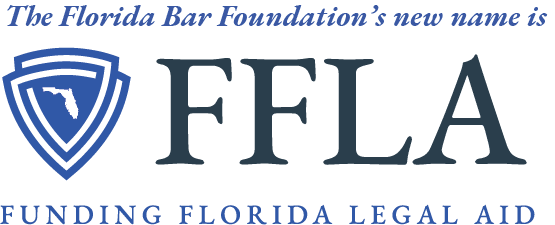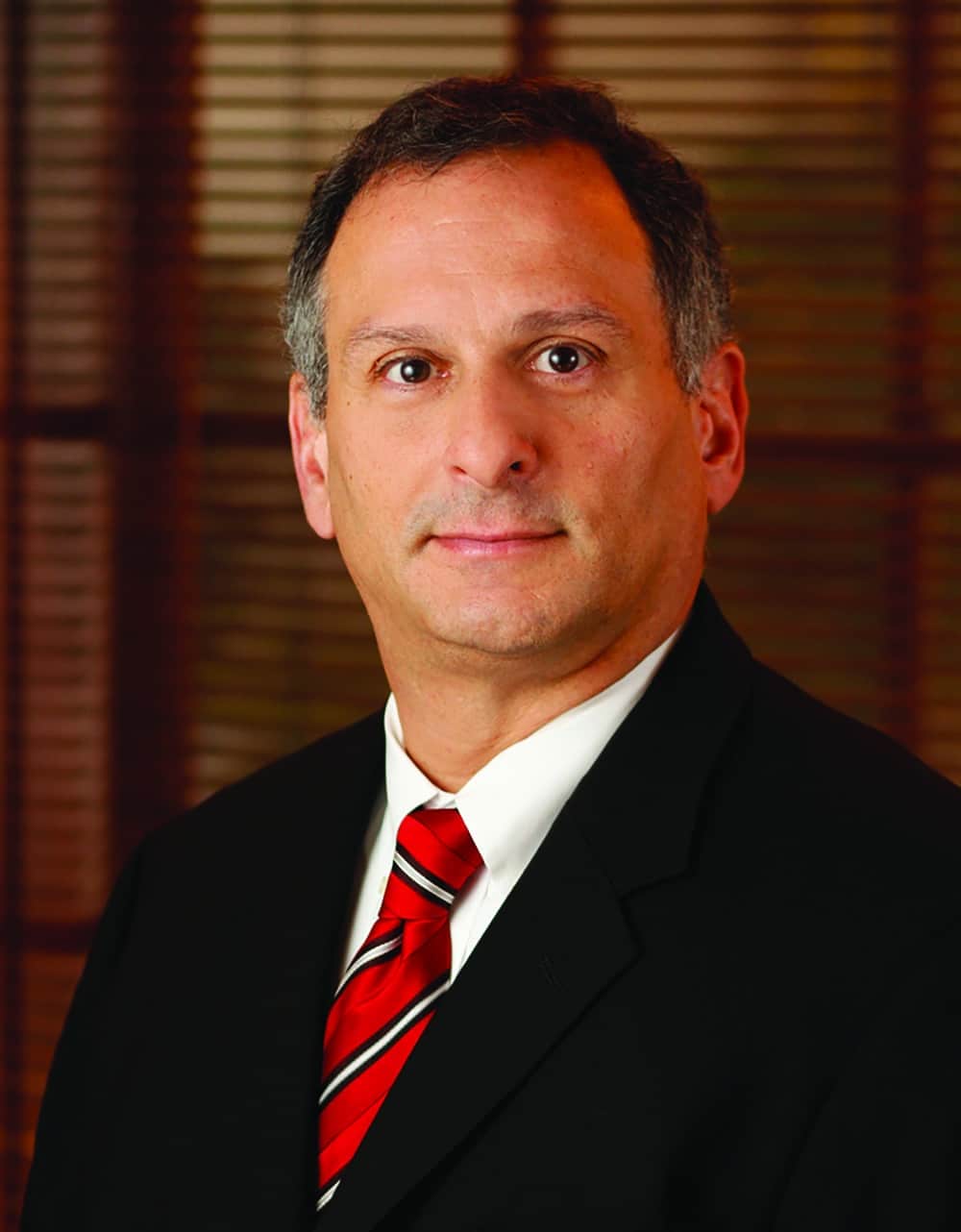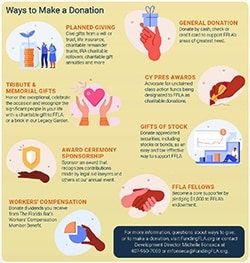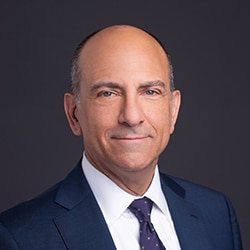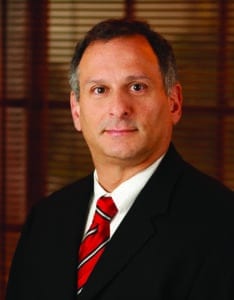
Matthew G. Brenner
Traditionally, the last privilege of Florida Bar Foundation presidents is to share a year-in-review message in the annual report. Looking back over 2016-17, it’s hard to know where to begin, but I think in this instance it makes sense to start where the year ended.
On June 22, 2017, when the board of directors adopted a strategic reset, the Foundation officially embarked on a journey through which it has embraced a new role as a catalyst for systemic change and an expert facilitator for civil legal aid in Florida.
The ultimate destination – the Foundation’s mission of providing greater access to justice – did not change, but our aim is to move from clogged highways to high-speed rail as we pursue that end. We have positioned ourselves to be a driver of innovation and efficiency, connecting communities of thought-leaders with communities in need.
And by 2017 that train had clearly left the station.
The Foundation applied the strategic reset to the release of $1.5 million in its Bank of America Community Economic Development grants. Funds went to seven projects in the areas of affordable housing, legislative advocacy, medical-legal partnerships, expungements, identity documentation, LGBTQ inclusion, and the legal needs of migrant and agricultural workers. In addition, the Foundation funded four Equal Justice Works fellows to work at civil legal aid organizations where their two-year projects focus on community economic development in under served communities from inner-city Miami to rural Apopka. All the projects funded use collaborative, sustainable and – it is hoped – replicable models for serving greater numbers of people.
Simultaneously, the Foundation launched FloridaProBonoMatters.org, a new website that enables lawyers to search for pro bono cases across multiple legal aid organizations. In its first year, which began with a Miami-Dade County pilot and ended with the completion of a statewide rollout, this new marketing tool for pro bono generated more than 200 interest forms from lawyers wanting to help specific clients. Meanwhile, the Foundation’s communications staff provided Florida lawyers with a host of compelling reasons to engage in pro bono work through a cover story and several features in the March 2017 issue of The Florida Bar Journal.
Also in 2017, the Foundation released the results of a study it commissioned on the economic impact of civil legal aid, which found a $7 return on investment for every dollar spent. The study results were touted in op-eds and at press conferences throughout the state, where the spokespeople included then-ABA President-elect Hilarie Bass and then-Florida Bar President Bill Schifino, as well as Florida Chief Justice Jorge Labarga. The study has provided the Foundation, and the legal aid organizations it helps fund, with more evidence to support fundraising and advocacy efforts moving forward. The release of the study was immediately followed by a groundbreaking advocacy project for ABA Days in Washington D.C. that enabled Foundation, Florida Bar and ABA leaders and Chief Justice Labarga to show members of Florida’s congressional delegation the impact of Legal Services Corporationfunded programs on their constituents. Using Geographic Information Systems, the Foundation produced information specific to each lawmaker’s district on the number of veterans, domestic abuse survivors and seniors who were served by federally-funded legal aid programs, as well as the number of people who were assisted with housing matters.
These sorts of collaborative efforts – further supported by the now-permanent Florida Commission on Access to Civil Justice – are at the heart of the Foundation’s new approach to fulfilling its mission. While most of the credit for these achievements is because of the Foundation’s extremely talented staff, it was my distinct honor to lead the Foundation through this period of rapid advancement. I would like to thank the staff for their dedication, and my colleagues on the board for their earnest deliberations that led us into this new era.
